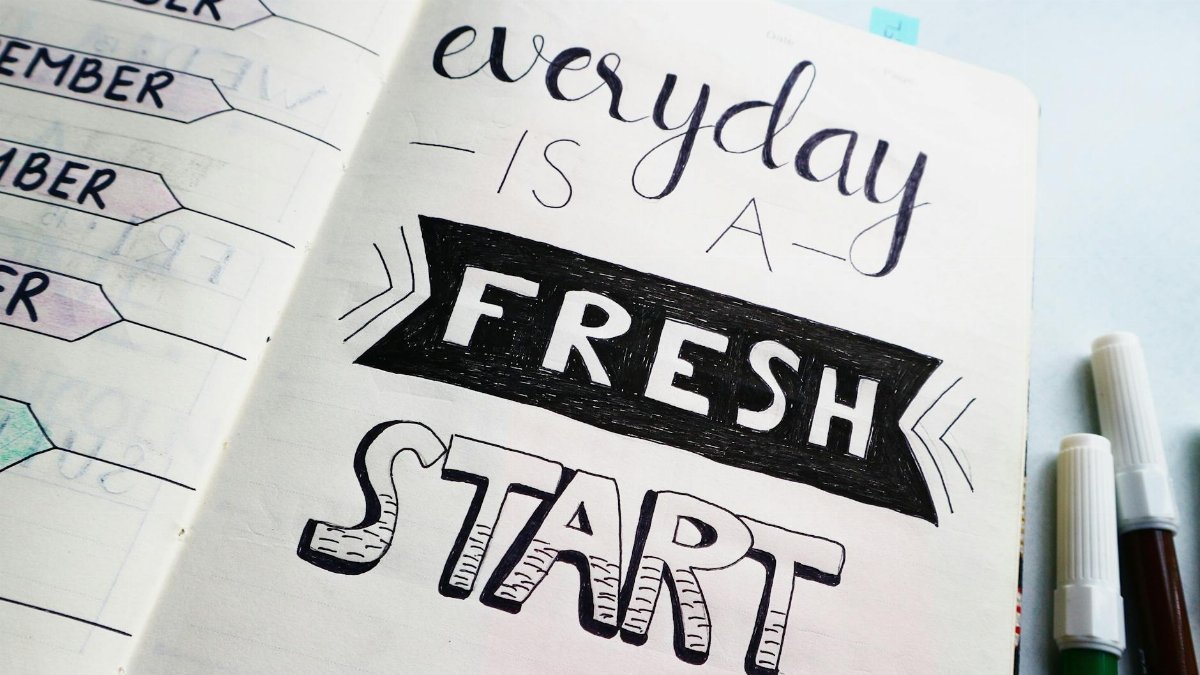Walk down any street in Portland or Austin these days, and you might notice a subtle shift. Yoga studios spill over with newcomers. Meditation apps buzz on smartwatches. Conversations about stress and wellness weave into coffee shop chatter. This isn’t just a fad. It’s a sign that many Americans are hungry for something deeper—ways to address not just physical aches but the emotional undercurrents driving them. At the heart of this movement lies mind-body healing, a practice that bridges the gap between mental burdens and bodily tension. For middle-aged adults especially, juggling career pressures, family demands, and the quiet toll of aging, the appeal is clear. But what if the everyday triggers setting us off—those moments of irritation or exhaustion—aren’t just annoyances? What if they’re signals of unmet needs, waiting to be decoded through a more connected approach to well-being?
1. The Snap Over Small Delays

Traffic jams. A delayed email response. Waiting for a slow barista. These tiny hiccups can ignite disproportionate frustration. It’s easy to blame impatience, but mind-body healing suggests something else: a need for control or predictability. When life feels chaotic, delays become symbols of deeper instability. A 2019 study from the American Psychological Association found that 62% of adults cite daily stressors as a major source of tension. Pausing to breathe—literally—can help. Slow, intentional breaths signal safety to the nervous system, a core tenet of mind-body practices. Next time a delay stings, notice the body’s clench. It might be whispering a need for order amid life’s mess.
2. The Weight of Unspoken Resentment

Picture a woman at dinner, smiling tightly as her partner scrolls through their phone. She says nothing, but her shoulders hunch. Resentment festers not just in the mind but in the body—tight jaws, shallow breaths. Mind-body healing often points to suppressed emotions as physical burdens. The need here? Honest connection. Research from the National Institutes of Health ties chronic emotional stress to physical issues like headaches or fatigue. Releasing resentment might start with a simple acknowledgment, even silently, of what’s felt. The body often softens when the mind stops fighting the truth.
3. The Ache of Constant Comparison

Social media doesn’t help. Scrolling through curated lives—someone’s promotion, another’s vacation—can spark a quiet sting. The body feels it too: a slumped posture, a racing pulse. This trigger often masks a need for self-acceptance. A 2021 report by Pew Research Center noted that 54% of adults feel worse about themselves after online exposure. Mind-body healing encourages grounding techniques, like feeling your feet on the floor, to anchor back to your own reality. The unmet need isn’t achievement. It’s peace with who you are right now.
4. The Dread of an Empty Schedule

For some, an empty weekend feels less like freedom and more like a void. The mind races. The chest tightens. Why does stillness feel so threatening? Often, it’s a need for purpose or distraction from deeper unease. Mind-body healing offers tools like guided mindfulness to sit with discomfort rather than flee it. Studies from the Mayo Clinic show mindfulness can reduce anxiety by refocusing attention on the present. Try noticing the breath when dread creeps in. It’s a small step toward meeting the need for meaning without frantic busyness.
5. The Irritation of Being Misunderstood

“That’s not what I meant!” The words snap out before thought catches up. Being misunderstood can feel like a personal attack, tightening the throat or heating the face. The underlying need is often validation—to be truly seen. Mind-body healing emphasizes noticing these physical cues as messengers. Slowing down to name the feeling can shift the reaction. Research supports this: emotional awareness lowers stress responses. When words fail, the body still speaks. Listening to it might bridge the gap words can’t.
6. The Fatigue of Overcommitment

Yes to another project. Yes to a favor. Yes until the body screams no with heavy limbs and foggy thoughts. Overcommitment often hides a need for approval or fear of letting others down. A recent online discussion captured this well: one person shared feeling “trapped by yeses,” their back aching from the weight of obligation. Mind-body healing invites setting boundaries as a form of self-care. Start small. Say no once. Notice how the shoulders drop. The body often thanks you before the mind catches up.
7. The Sting of Being Overlooked

At a meeting, your idea gets ignored. At home, your efforts go unnoticed. The sting isn’t just mental—it’s a hollowness in the chest. The need here is recognition. Mind-body healing suggests tuning into that physical echo as a guide. Instead of chasing external praise, can you offer it to yourself? Studies show self-compassion practices reduce stress hormones. A quiet hand on the heart, a mental “I see you,” can meet this need in a way others might not.
8. The Restlessness of Unresolved Grief

Loss lingers. A memory surfaces, and suddenly the body feels heavy, the breath short. Grief, even years old, can trigger restlessness—a need to move, to escape. Yet mind-body healing often teaches staying with the sensation. Feel the weight. Name it. Research links suppressed grief to chronic pain. Allowing the body to process, maybe through gentle movement like walking, can honor the unmet need for closure. It’s not about forgetting. It’s about feeling safe to remember.
9. The Tension of Financial Worry

Bills pile up. The mind spirals, and the neck knots. Financial stress is a common trigger, often masking a need for security. A 2023 survey by the American Psychological Association found money as the top stressor for 66% of adults. Mind-body healing doesn’t erase debt, but it can ease the physical toll. Simple practices like progressive muscle relaxation signal calm to a wired system. The body can’t solve the bank balance, but it can carry less of the burden.
10. The Discomfort of Physical Inactivity

Sitting too long—whether at a desk or on a couch—breeds more than stiffness. Irritability creeps in. The body craves movement, a primal need often ignored. Mind-body healing ties mental clarity to physical release. Stretch. Walk. Even five minutes shifts the energy. Studies confirm activity boosts mood through endorphins. When the body feels trapped, it’s often begging for freedom. Listen before the grumpiness takes over.
11. The Unease of Disconnection

Loneliness isn’t loud. It’s a quiet ache, a restlessness in the limbs, a sigh that escapes unnoticed. The need for belonging runs deep. Mind-body healing often points to small, intentional connections—calling a friend, joining a group meditation. Research shows social bonds lower cortisol levels. One person described it as “feeling my whole self relax” after a meaningful chat. The body knows when it’s isolated. It also knows when it’s home.
12. The Burden of Perfectionism

Nothing’s good enough. The mind nitpicks, and the body braces—clenched fists, furrowed brows. Perfectionism hides a need for self-worth untied to output. Mind-body healing offers a gentler lens: notice the tension, then release the standard. Studies link perfectionism to burnout. Try this: celebrate a “good enough” moment. Feel the jaw loosen. The body doesn’t need flawlessness. It needs permission to rest.
Triggers aren’t just obstacles. They’re signposts. Each irritation, ache, or restless moment points to something deeper—a need for connection, security, or acceptance. Mind-body healing isn’t about erasing these feelings but decoding them. It’s a practice of listening to both head and heart, of noticing how the body holds what the mind can’t say. For many in 2025, amid rising stress and digital noise, this approach feels less like a luxury and more like a necessity. The next time a trigger flares, pause. Feel the physical echo. It might just reveal the unmet need waiting to be met.
